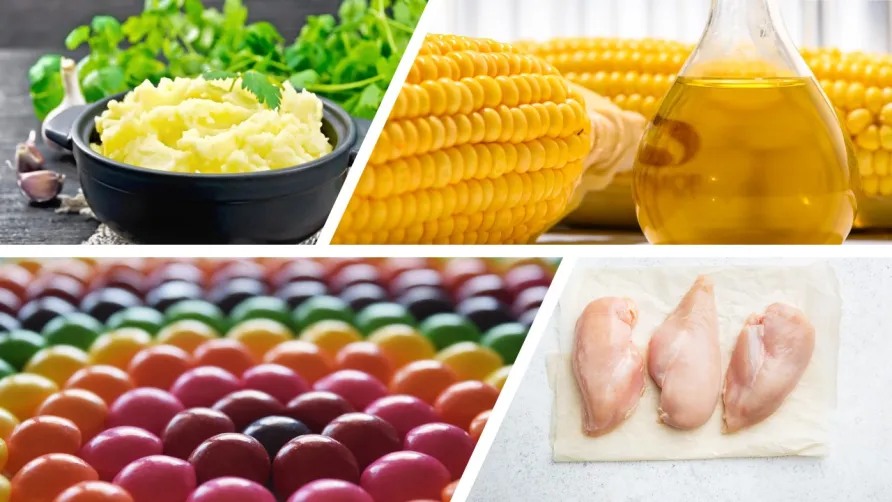Did you know that there are 30 American foods banned in other countries for health reasons?
While these foods are common in the United States, other nations consider them too risky to eat. Countries like the European Union, Japan, and Canada have stricter rules on food safety, and they don’t allow some of the additives and ingredients found in everyday American snacks, drinks, and even fresh produce.
In this blog post, we’re diving into 30 American foods banned in other countries and exploring the surprising reasons behind these restrictions. From brightly colored candy to certain meats, these foods might make you think twice before your next grocery run!
Why Are 30 American Foods Banned in Other Countries?
Some foods that are popular in America can’t be found in other countries. These foods are banned in places like Europe, Japan, and Canada due to health concerns. Many of these countries have stricter rules about food ingredients than the United States does. They look closely at additives and chemicals that might be harmful to people’s health.
For example, some of these banned foods contain artificial colors or preservatives. Other foods have been genetically modified (GMO), or treated with hormones. These ingredients may help food last longer or look better, but they can be dangerous. Other countries don’t allow them because they may lead to health issues, like allergies or even cancer.
In this post, we’ll go over the 30 American foods banned in other countries and explain why. Knowing what’s in your food and why some places ban it can help you make safer choices. Let’s look at which foods made the list and the surprising reasons behind these bans.
Mountain Dew and the Problem with Brominated Vegetable Oil
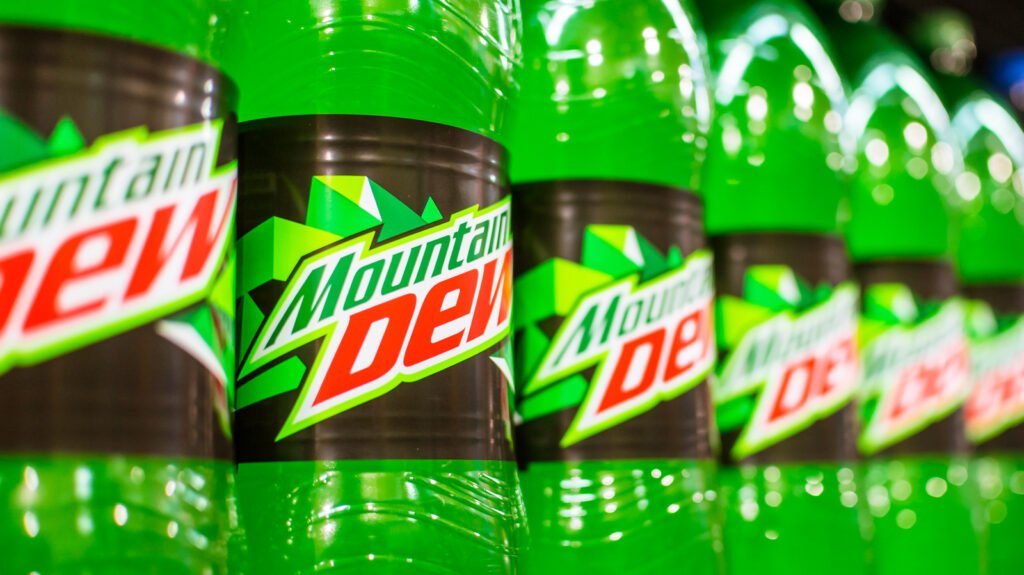
Mountain Dew is a popular soda in the United States, but it’s banned in countries like Japan and parts of Europe. This is because Mountain Dew contains an ingredient called brominated vegetable oil (BVO). BVO is used to keep the drink from separating, but it’s also a flame retardant, which doesn’t sound very safe to drink.
Studies have shown that BVO can cause skin issues, memory loss, and nerve problems. Japan and Europe banned BVO because they think it’s too risky for people’s health. In the U.S., companies like Coca-Cola and PepsiCo promised to remove BVO from their drinks in 2014, but many of their sodas still contain it.
So, while you might see Mountain Dew on store shelves in America, don’t expect to find it easily in other parts of the world. This is just one example of why some American foods are banned in other countries for health reasons.
Why Milk from the U.S. Faces Restrictions Worldwide
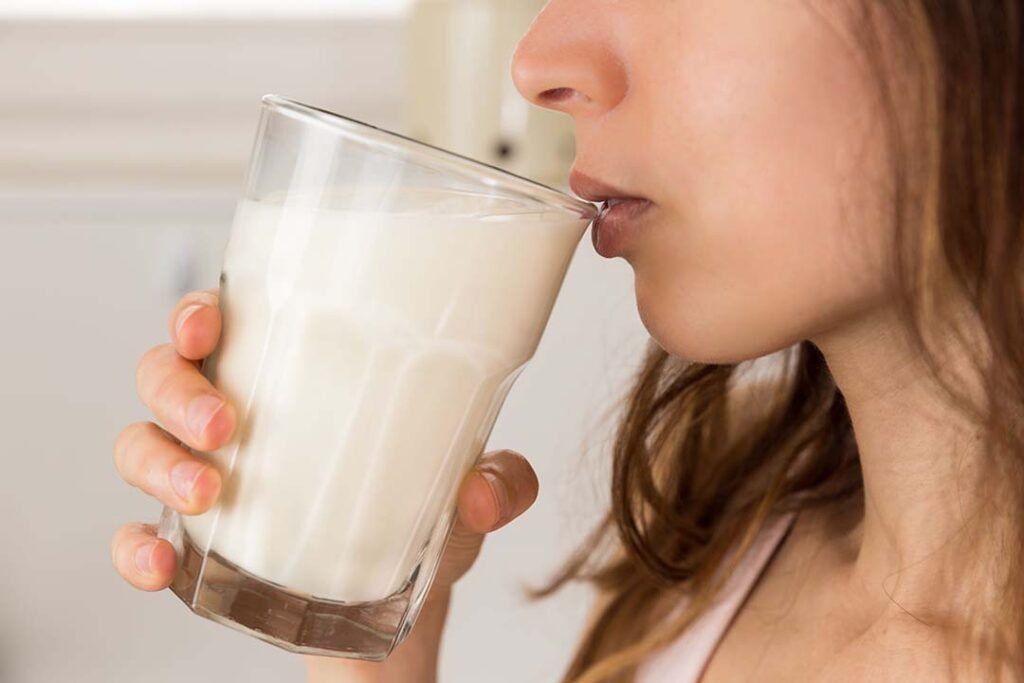
Milk is a healthy drink, but not all milk is allowed in other countries. The U.S. allows the use of a hormone called rBST in milk production. This hormone makes cows produce more milk, which is good for farmers, but it has some health risks for consumers. rBST can lead to infections in cows, which means the milk might contain pus and antibiotics.
Countries like Canada, Japan, and the European Union banned American milk with rBST because of these health concerns. They believe it’s safer to avoid milk with hormones, so they don’t import it from the United States. People in those countries are looking for natural, hormone-free milk.
Choosing milk that is free of rBST can be better for your health and the environment. The ban on this type of milk shows that many places are taking extra steps to protect people from unwanted chemicals in their food.
What Is Pink Slime? The Truth About Pre-Packaged Ground Beef

Pre-packaged ground beef is a popular food in America, but it has something called pink slime. Pink slime is a meat filler used to lower the fat content in ground beef. To make it safe, the meat is treated with ammonia gas or citric acid to kill bacteria. However, this process isn’t always regulated well and can lead to health issues.
Canada and the European Union banned American ground beef with pink slime because of these concerns. The ammonia gas in the meat may cause health problems, and pink slime is often seen as unsafe. American beef also has other issues, like the use of hormones and antibiotics in cattle, which is restricted in many countries.
By choosing fresh, unprocessed meat, you can avoid pink slime and other additives. Countries that banned this beef believe it’s safer to go without these chemical treatments. This is a good example of why some foods are restricted in other parts of the world.
Boxed Mac and Cheese: The Problem with Artificial Colors
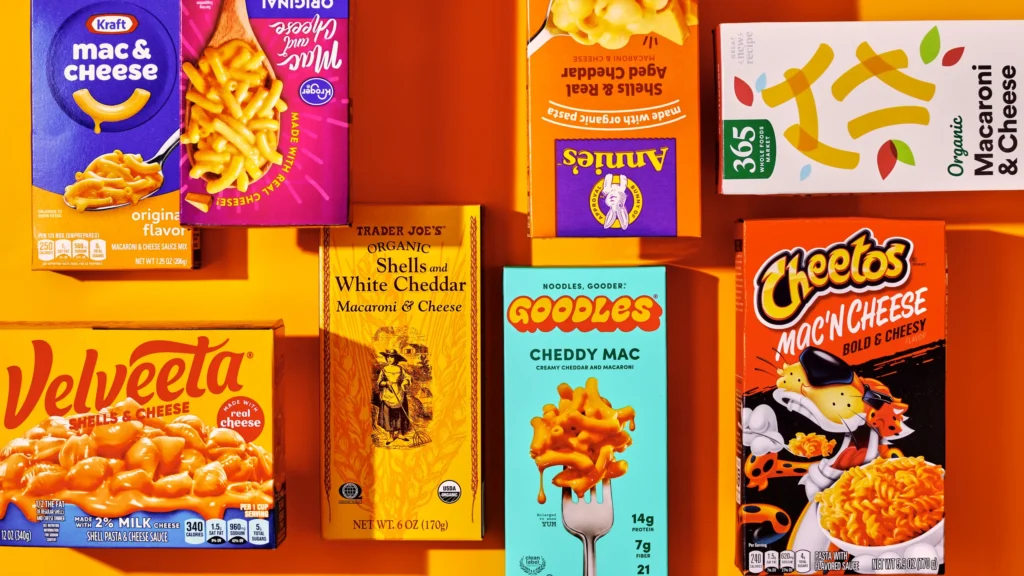
Boxed mac and cheese is a beloved meal in many American homes. But did you know it often contains artificial colors like Yellow #5 and #6? These food dyes help make the cheese look bright and appealing. However, they are banned in several European countries, including Austria and Norway.
These artificial colors can cause hyperactivity in children and may increase cancer risks. Because of these health concerns, countries with stricter food laws choose to avoid these dyes altogether. In America, some brands are starting to use natural colors instead, but many still rely on artificial ones.
When you enjoy a bowl of mac and cheese, you might not think about what’s inside. But being aware of these ingredients can help you make healthier choices. If you’re in a country where these colors are banned, you won’t find boxed mac and cheese on the shelves.
Coffee-Mate: Why It’s Banned in Other Countries
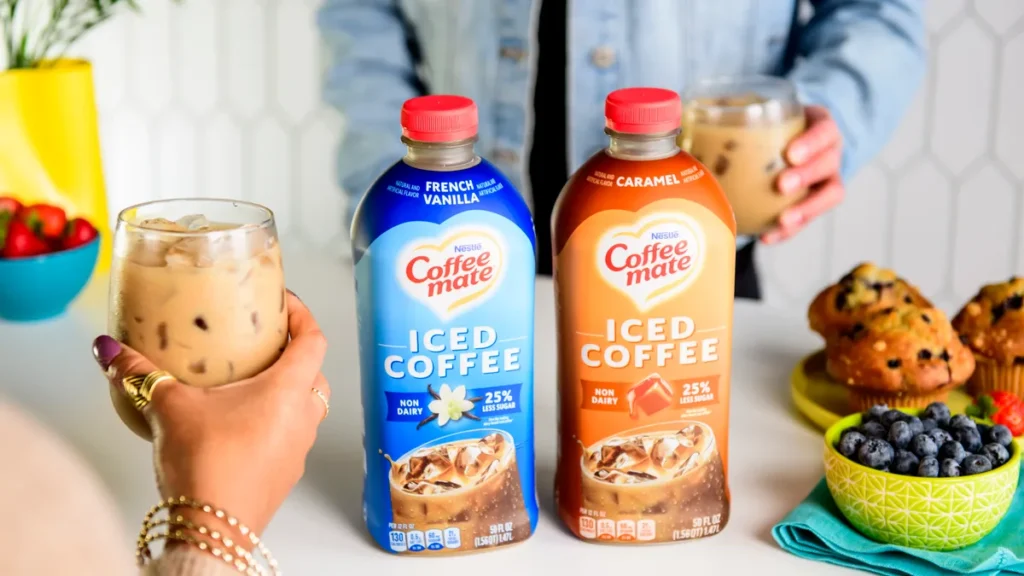
Coffee-Mate is a popular coffee creamer in the U.S., but it has ingredients that raise eyebrows. It contains hydrogenated oils, which can lead to heart disease. Because of these health risks, countries like Switzerland, Denmark, and Hungary have banned Coffee-Mate and similar creamers.
In 2018, the U.S. also took steps to limit these oils, but many products still remain on the market. Some people believe that consuming hydrogenated oils is too risky, and that’s why they are not allowed in several countries.
Switching to natural creamers or milk can be a healthier choice. Knowing about products like Coffee-Mate and why they are banned can help you choose better options for your health.
Genetically Modified Foods: Papaya, Corn, and Soy
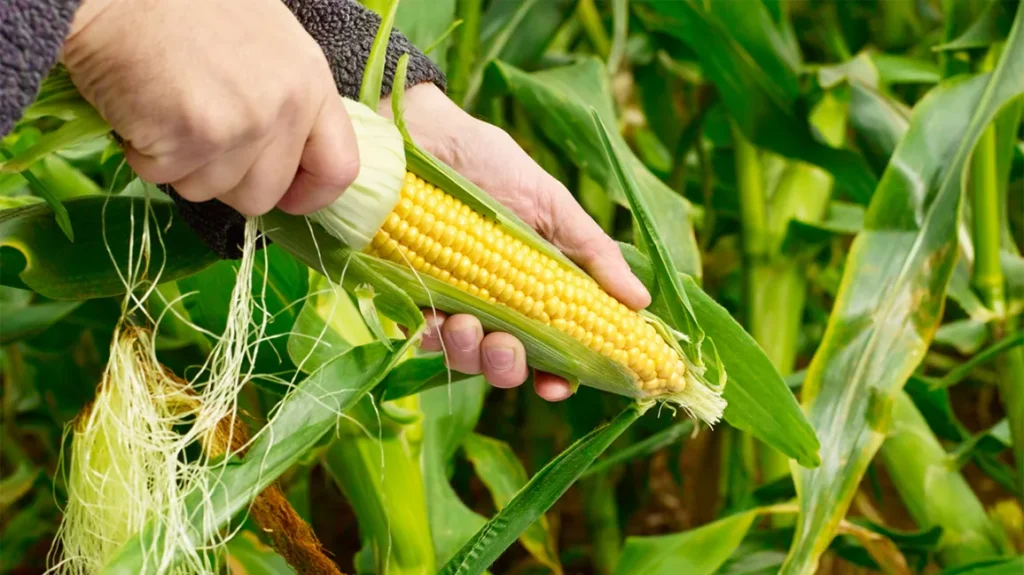
Many American foods are genetically modified (GMO), including papaya, corn, and soy. While these foods may be safe to eat in the U.S., many other countries have banned them. For example, Russia and the European Union refuse to allow American corn and soy products because they worry about the long-term health effects of GMOs.
Some studies have linked GMOs to health problems like organ damage and allergies. Because of these concerns, countries that ban GMOs are taking a safer approach to food. They prefer natural products without genetic modifications.
Choosing non-GMO foods can be a healthier choice. When shopping, look for labels that say “non-GMO” to make sure you’re eating foods that other countries consider safe.
Chicken: The Concerns Over Arsenic and Chlorine

Chicken is often seen as a healthy meat choice, but not all chicken is created equal. In the U.S., some chickens are fed arsenic, which helps make the meat look fresher and pinker. Arsenic is a poison, and many countries find it unacceptable in food.
Additionally, U.S. chicken is often washed with chlorine to kill bacteria. However, this method is not used in the European Union. They have stricter guidelines for how chicken should be treated before it reaches the grocery store.
Many countries believe that using arsenic and chlorine in chicken processing is harmful. They want to ensure that the meat they eat is as safe as possible. If you want to enjoy chicken, look for brands that guarantee hormone-free and antibiotic-free products.
The Hidden Dangers of Processed Foods
Processed foods are popular in America, but many have harmful ingredients. These foods can contain artificial additives, preservatives, and unhealthy fats. Some of these ingredients are linked to health issues like obesity and diabetes.
Countries that ban certain processed foods do so to protect their citizens. For example, the European Union has strict regulations on food safety and labeling. They often remove foods with harmful additives that are still allowed in the U.S.
To eat healthier, consider cooking with fresh ingredients instead of processed ones. By knowing what’s in your food, you can make better choices for your health.
Conclusion:
In this blog, we learned about 30 American foods banned in other countries and why they might not be safe to eat. Many of these foods have ingredients that can cause health problems. It is important to know what is in the food we eat so we can make better choices for ourselves and our families. Choosing fresh and natural foods is a great way to stay healthy.
Remember, eating healthy doesn’t have to be hard! You can start by reading food labels and picking options without harmful additives. By being careful about what you eat, you can enjoy delicious meals and feel great every day. So next time you’re at the store, think about what you learned and choose wisely!
FAQs
Q: What are some American foods banned in other countries?
A: Some American foods banned in other countries include Mountain Dew, boxed mac and cheese, and certain types of chicken due to harmful ingredients and additives.
Q: Why are certain food dyes banned in other countries?
A: Food dyes like Yellow #5 and #6 are banned in several countries because they may cause hyperactivity in children and have been linked to an increased risk of cancer.
Q: What is “pink slime,” and why is it banned?
A: Pink slime is a low-cost meat filler made from leftover beef. It is banned in countries like Canada and the EU because it is processed with ammonia, which raises health concerns.
Q: Why do some countries ban genetically modified foods?
A: Countries often ban genetically modified foods due to concerns about long-term health effects and potential risks like organ damage and allergies associated with GMOs
Q: What should I look for when shopping for safe foods?
A: When shopping, look for labels that say “non-GMO” or “hormone-free” to ensure you are choosing foods without harmful additives and chemicals.

